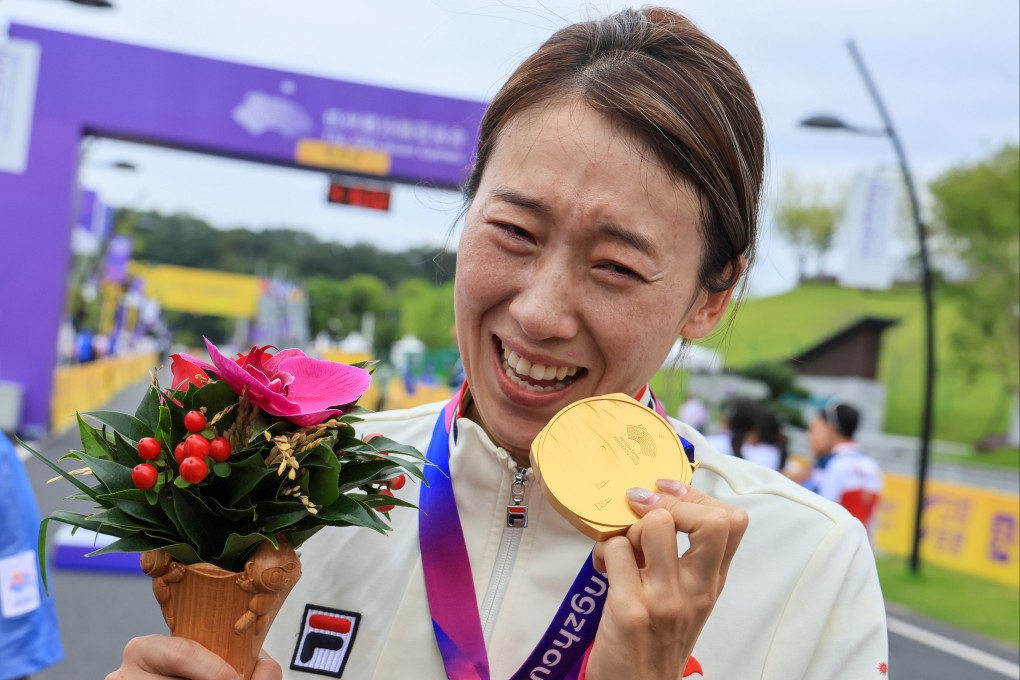My Take | Asian Games success should be a turning point for sport in Hong Kong
- The results were achieved against the odds and now there is a need for more support from the government, the private sector and the community

Hong Kong’s athletes will look back on the 19th Asian Games, which concludes in Hangzhou on Sunday, with much pride. They punched above their weight in one of the world’s biggest sporting events, sweeping a record haul of more than 50 medals, including eight gold.
Swimming, fencing and golf topped the podium for the first time. There was also success in windsurfing, wushu, bridge, equestrian and athletics events, as well as cycling, karate, rugby sevens and rowing. There was even a medal for esports, the first time the discipline has featured.
The team richly deserves a hero’s welcome, but much more than that. Their success, following unprecedented medal winning feats at the Tokyo Olympics in 2021, has been achieved against the odds. Now, there is a need for more support from the government, the private sector and the community. This should be a turning point for sport in Hong Kong.
Sporting success at the elite level and the return of the city’s international events should not mask the challenges ahead
The city’s athletes were hit hard during the pandemic, when facilities closed, events were cancelled and both training and competing became extremely difficult. Hong Kong’s reputation as a venue for international sporting contests took a battering.
Thankfully, elite competitions have returned. The successful staging of the Hong Kong Masters snooker tournament in October last year was soon followed by the eagerly awaited Rugby Sevens. The Hong Kong marathon in January is expected to feature 74,000 competitors, just short of the 2019 record. This is encouraging.
But success at the elite level and the return of the city’s international events should not mask the challenges ahead. Much more needs to be done if Hong Kong is to build on the Asian Games achievements.
The city’s golfers made history in Hangzhou and the Hong Kong Golf Association achieved Tier A status with the Sports Institute this year. But the players have no government facilities on which to train. Eight holes they used on the Old Course at the Hong Kong Golf Club in Fanling have been turned over to the government amid plans for public housing. There have been calls for more support for the sport.

